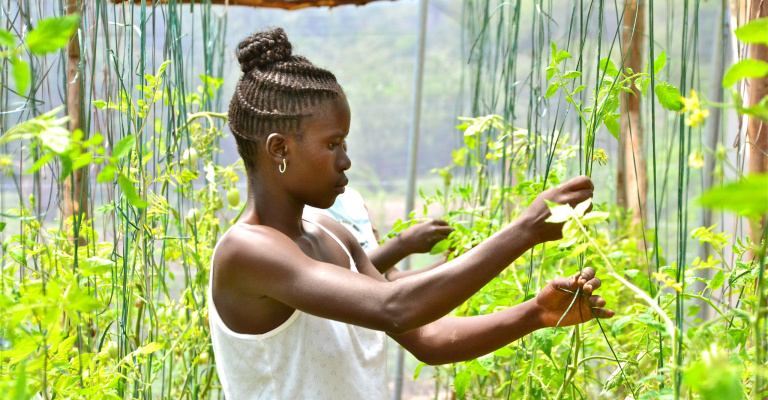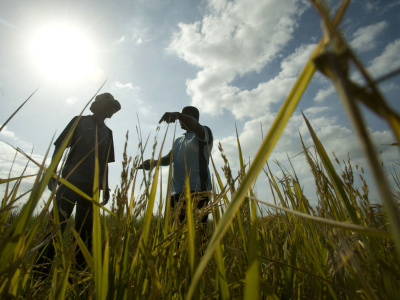
Finance to adapt: Making climate funding work for agriculture at the local level
Bethany Tietjen, Francesco Rampa and Hanne Knaepen take a closer look at finance for climate adaptation in the agriculture sector. They present a number of recommendations for how to direct climate funding more effectively towards local actors.
Summary
Billions of dollars in climate finance are flowing at levels previously unimaginable, yet the needs of the communities most vulnerable to climate change are often not addressed. Agreed balances between mitigation and adaptation spending are not being met, and priority sectors – particularly the food and agriculture sector – are not receiving the funding needed to increase their resilience. Over 90% of countries’ Nationally Determined Contributions (NDCs) include targets within the agriculture sector, but current levels of climate finance do not reflect this.
The Green Climate Fund stands at a crucial point with the beginning of its second resource mobilisation: it must evaluate its progress in delivering adaptation and mitigation finance, and it should increase funding for agriculture. As poor, rural communities are disproportionately experiencing the effects of climate change, climate finance providers must also evaluate how to make finance more accessible to local actors.
The European Union and its member states, the largest collective providers of climate finance, should reassess the distribution of their climate finance spending to reflect the priority sectors identified by developing countries. African governments should integrate more efficiently climate adaptation planning into all development decisions, and fast-track the co-financing of the food-related parts of the NDCs and National Adaptation Plans.
Stakeholders in Europe and Africa, climate finance institutions and local actors can also contribute to more effective adaptation finance, especially for agriculture, by joining existing initiatives such as the ‘Global Commission on Adaptation’ Year of Action, the Action Agenda of the African Union and European Union agriculture ministers, and the partnerships led by municipalities and their networks.




